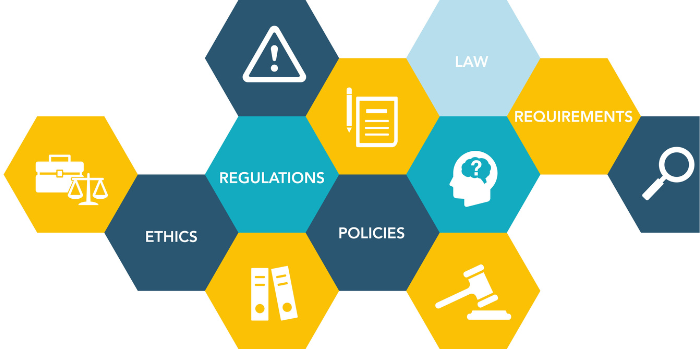Data management
Two Ediscovery Best Practices for Information Governance
For most enterprises, managing data is like herding billions of very active cats. As corporations moved from paper to digital data (but still retained mountains…
Rule 26: Proportionality, Meet and Confer, and Discovery Plans
The Federal Rules of Civil Procedure (FRCP) provide detailed guidelines for civil litigation “to secure the just, speedy, and inexpensive determination of every action and…
Spoliation: What It Is, Why It’s a Risk, and What to Do about It
Corporate legal teams take on many responsibilities, but risk mitigation is among the most critical. One of the most important blips on the risk radar…
Two Ediscovery Best Practices for Information Governance
Information governance and ediscovery software go hand in hand. Learn more about how in-house teams can approach new data sources and expanding volumes.
The Ultimate Guide to GDPR and Ediscovery
The impending General Data Protection Regulation (GDPR) will go live on May 25, 2018, protecting the personal data of European Union (EU) residents.
What Is Data Mapping, and Why Does It Matter in Ediscovery?
Data mapping enables organizations to prepare for the demands of ediscovery data management by locating and characterizing the types of ESI they use.





